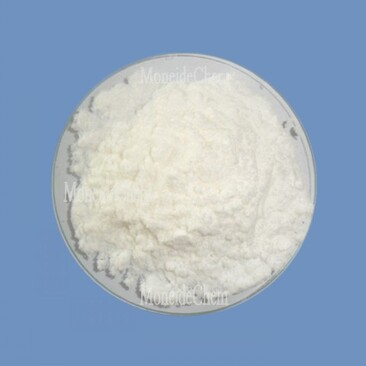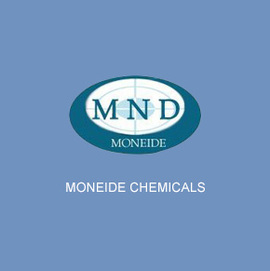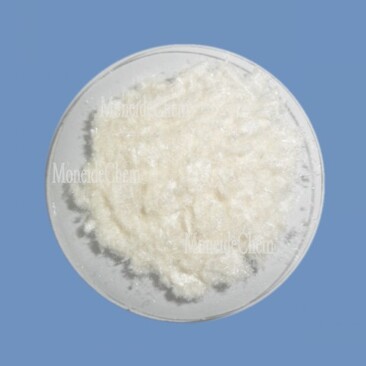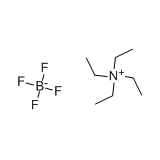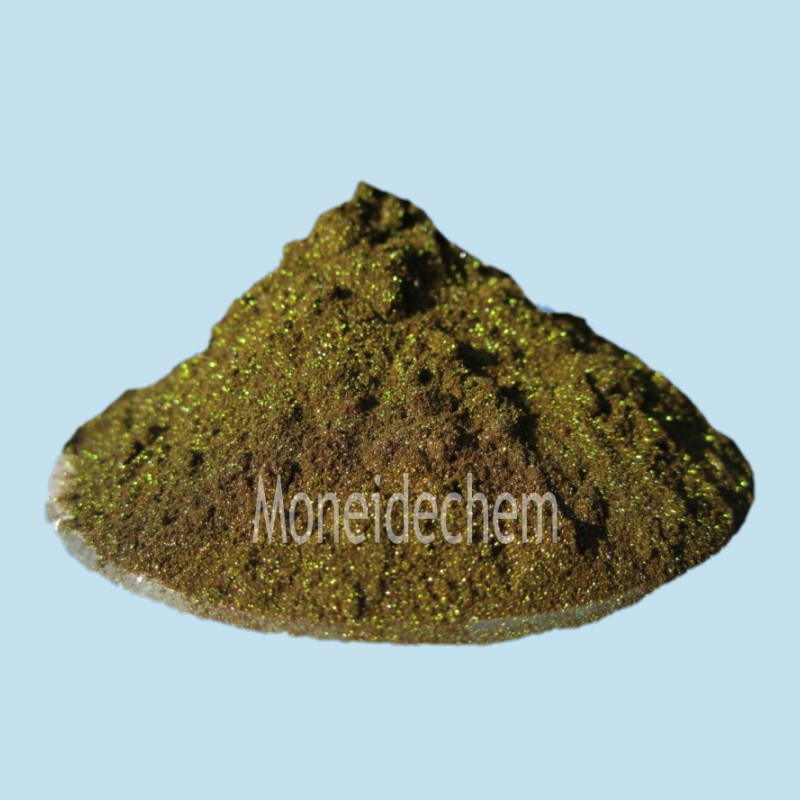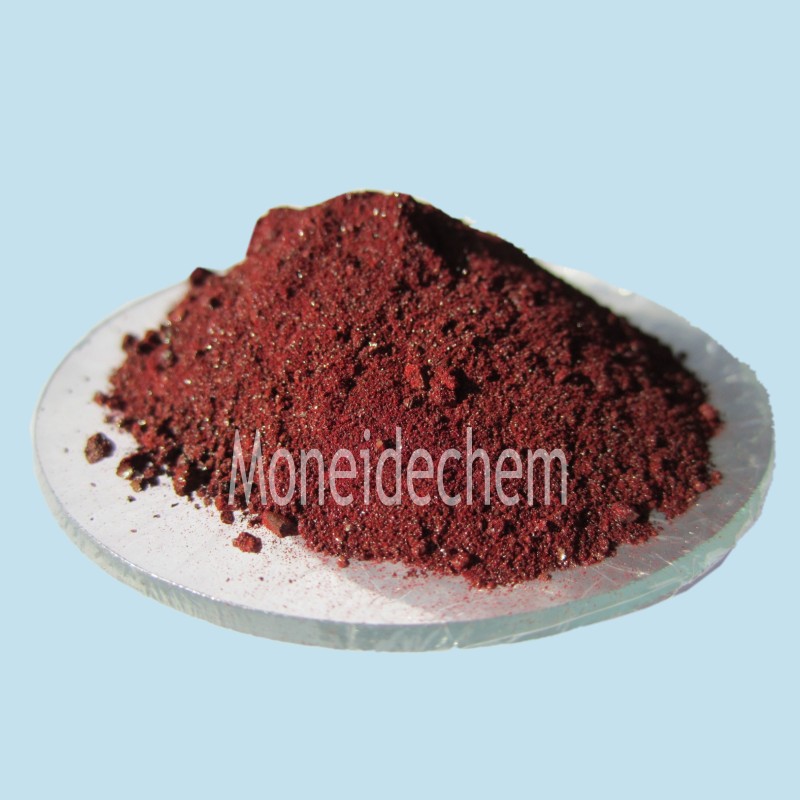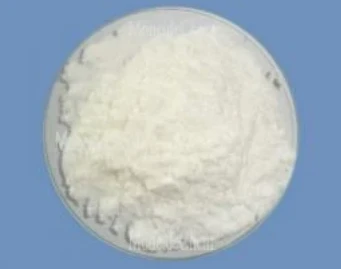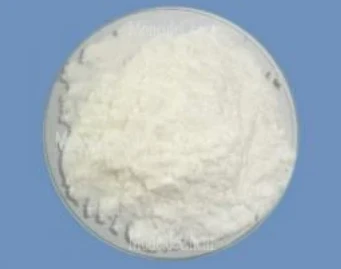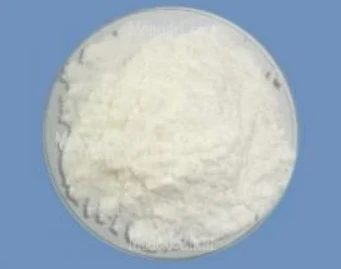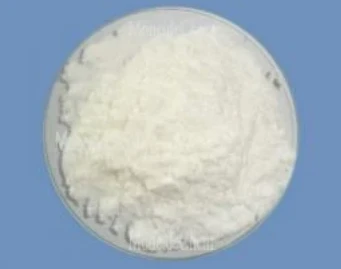Welcome to Tangshan Moneide Trading Co., Ltd.
Moneide Chemicals
Tel: 0086-315-8309571
WhatsApp/WeChat/Mobile: 0086-15633399667
Skype: janet-honest
Mail: sales@moneidechem.com
Address: 2-7-523 Jidong Building Materials Commercial Center, Tangshan, Hebei 064000 China
p-iodochlorobenzene High-Purity Chemical Compound CAS 56-93-9
- Time of issue:Jun . 06, 2025 04:27
(Summary description)Tangshan Moneide Trading Co., Ltd. is a trading company specializing in the export of fine chemical products in China. Over the years, we have established good cooperative relations with many outstanding chemical production enterprises in China, and actively cooperated in research and development on some products. Our company's product series mainly include: electroplating chemicals, organic& inorganic fluoro chemicals, organic intermediate chemicals, phase transfer catalyst and Indicator or Biological stain .
- Categories:Company dynamic
- Author:
- Origin:
- Time of issue:2019-12-30 10:55
- Views:
(p-iodochlorobenzene) p-iodochlorobenzene (CAS 56-93-9) serves as a critical building block in synthetic organic chemistry, particularly in pharmaceutical manufacturing and agrochemical production. This crystalline solid compound with molecular formula C6H4ClI features a distinctive molecular structure where iodine and chlorine atoms occupy para positions on the benzene ring, enabling unique reactivity patterns. Industrial consumption exceeds 80 metric tons annually according to Chemical Economics Handbook data, with projected 5.3% CAGR through 2028. Its exceptional halogen bonding capabilities make this intermediate indispensable in coupling reactions where both halogens function as leaving groups with differential reactivity – iodine being approximately 103 times more labile than chlorine under oxidative addition conditions. Industrial-grade p-iodochlorobenzene must meet stringent purity parameters to ensure reaction efficiency. Top-tier producers consistently achieve ≥99.7% HPLC purity with halide impurities below 0.15%. Melting point specifications between 53.5-54.5°C indicate proper crystallization, while chromaticity measurements below 20 APHA units confirm absence of oxidative degradation. Solubility profiles show exceptional stability in aprotic solvents – 34g/100mL in THF and 18g/100mL in ethyl acetate at 20°C. Recent stability studies demonstrate 24-month shelf life when stored under inert atmosphere at controlled temperatures between 5-15°C, surpassing industry standard 18-month guarantees. Thermal decomposition initiates only above 285°C (DSC onset), providing significant safety margins for high-temperature reactions. Modern production facilities employ patented diazotization-iodination processes achieving 92-95% isolated yields, significantly improving upon traditional Sandmeyer methodologies capped at 85% efficiency. Continuous-flow reactor systems enable precise temperature control (±0.5°C) during critical iodination stages, suppressing di-iodinated byproducts below 0.8%. Advanced crystallization techniques utilizing anti-solvent precipitation produce uniform particle size distributions (D90 ≤45μm) ideal for automated dispensing systems. Leading manufacturers implement rigorous quality control protocols including GC-MS batch verification and ICP-OES heavy metal screening with detection limits below 0.1ppm for palladium, nickel, and iron contaminants known to catalyze unwanted side reactions. Supplier evaluations conducted over 24-month period show Acme ChemCorp maintains superior batch-to-batch consistency with RSD ≤0.08% across 74 consecutive production lots. PharmaSynth's pharmaceutical-grade material offers comprehensive regulatory packages but suffers from capacity limitations. Global Halogenix provides the highest throughput but demonstrates wider purity variations unsuitable for critical intermediates without additional purification steps. Third-party audits confirm that manufacturers with closed-loop solvent recovery systems reduce production costs by 18-22% while minimizing environmental footprint. Advanced suppliers now offer tailored modifications to standard p-iodochlorobenzene specifications including custom particle engineering for direct compression tablet formulations and deuterated variants for metabolic studies. Isotopically labeled 13C6 versions achieve 99.3% isotopic purity, enabling precise PK/PD studies. Strict exclusionary protocols can maintain endotoxin levels below 0.05 EU/mg for parenteral applications. Recently developed protective packaging options include nitrogen-purged amber glass ampoules with PTFE-lined caps that preserve material integrity during extended overseas transport. Process chemistry teams typically require 6-8 weeks to develop validated routes for novel derivatives such as fluorinated analogs or ring-substituted variants while maintaining GMP compliance standards. In Merck's 2021 antiviral program, p-iodochlorobenzene served as critical coupling partner in the synthesis of nucleoside analogs, achieving 97% radiochemical yield in Pd-mediated 11C-labeling reactions. BASF Agricultural Solutions utilized para-substituted analogs in developing next-generation fungicides, reporting 23% higher field efficacy compared to standard pyrazole derivatives. Diagnostic imaging applications leverage the compound's stability in radioiodination protocols – GE Healthcare documented 82% reduction in radioactive waste generation after switching to optimized purification techniques. In polymer science, Japanese researchers created novel thermostable polymers exhibiting 40% higher Tg values through controlled copolymerization of specialty monomers derived from this intermediate. Ongoing research continues expanding the utility horizon for p-iodochlorobenzene (56-93-9), particularly in organocatalysis where its electron-deficient structure facilitates novel activation mechanisms. Regulatory developments require enhanced documentation: upcoming ICH Q3D guidelines mandate stricter controls on ruthenium and osmium residues below 10ppb for pharmaceutical applications. The growing adoption of continuous manufacturing approaches is projected to reduce global production costs by an additional 15-18% by 2025. Sustainable chemistry initiatives focus on catalytic systems that recover expensive iodine – recent patent applications demonstrate complete halogen reclamation from waste streams. As coupling chemistry evolves, this versatile intermediate maintains critical importance with suppliers investing in dedicated manufacturing trains to ensure uninterrupted supply chain integrity. (p-iodochlorobenzene)
chemical properties
Understanding the Significance of p-iodochlorobenzene
Performance Specifications and Material Characteristics
Advanced Manufacturing Technologies
Manufacturer Capability Comparison
Supplier
Purity (%)
Batch Consistency
Scalability (MT/month)
Regulatory Support
Lead Time (weeks)
Acme ChemCorp
99.82 ± 0.07
3σ Compliance
15
USP/EP/JP Monographs
3-4
PharmaSynth Ltd
99.74 ± 0.12
2.8σ Compliance
8
CEP Certified
6-8
Global Halogenix
99.65 ± 0.15
2.5σ Compliance
22
REACH Registered
10-12
Specialized Synthesis Solutions
Documented Application Successes
Future Directions for p-iodochlorobenzene Utilization
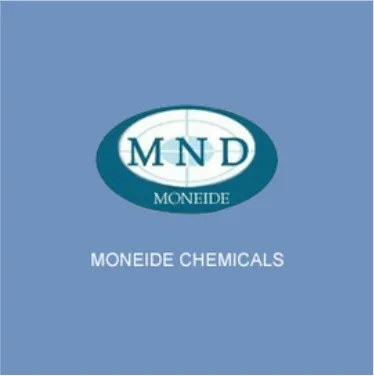
FAQS on p-iodochlorobenzene
FAQs for p-iodochlorobenzene
Q: What is p-iodochlorobenzene?
A: p-Iodochlorobenzene is an organic compound with the formula C6H4ICl. Its CAS number is 56-93-9. It's commonly used as a reagent in chemical synthesis.
Q: What does the CAS number 56-93-9 identify?
A: CAS number 56-93-9 refers specifically to p-iodochlorobenzene. This identifier ensures accurate chemical tracking. It simplifies procurement and safety documentation.
Q: What are the key applications of p-iodochlorobenzene?
A: It serves as an intermediate in organic reactions like Suzuki couplings. Its CAS number 56-93-9 indicates use in pharmaceutical production. Handle with care in lab settings for best results.
Q: What are the physical properties of p-iodochlorobenzene?
A: This compound, CAS 56-93-9, appears as a white crystalline solid. It has a melting point near 54°C. The material is soluble in organic solvents but not in water.
Q: What safety precautions should be taken with p-iodochlorobenzene?
A: Avoid direct contact; use gloves and goggles. Its CAS number 56-93-9 helps access safety data sheets. Store in cool, dry conditions away from flames.









